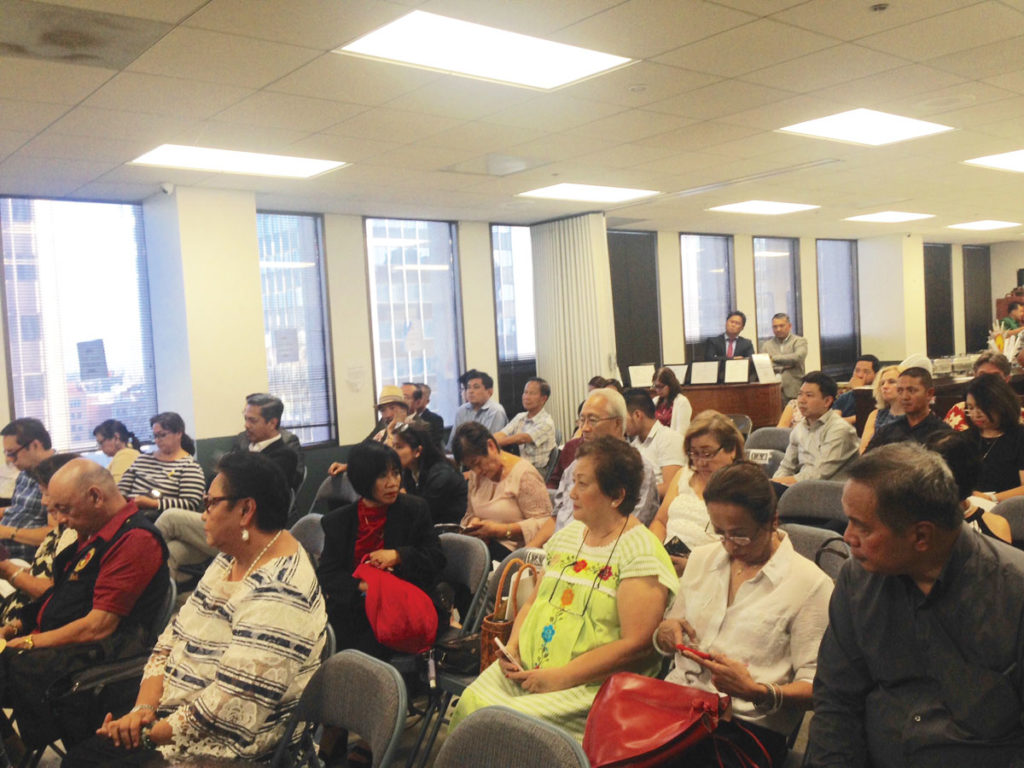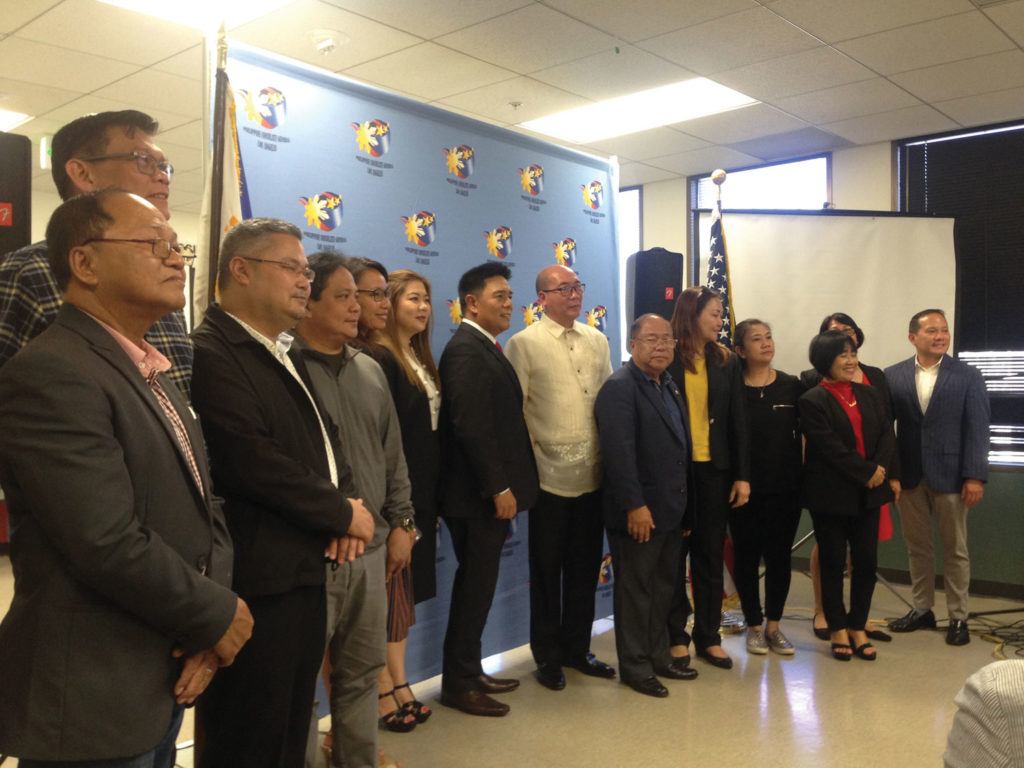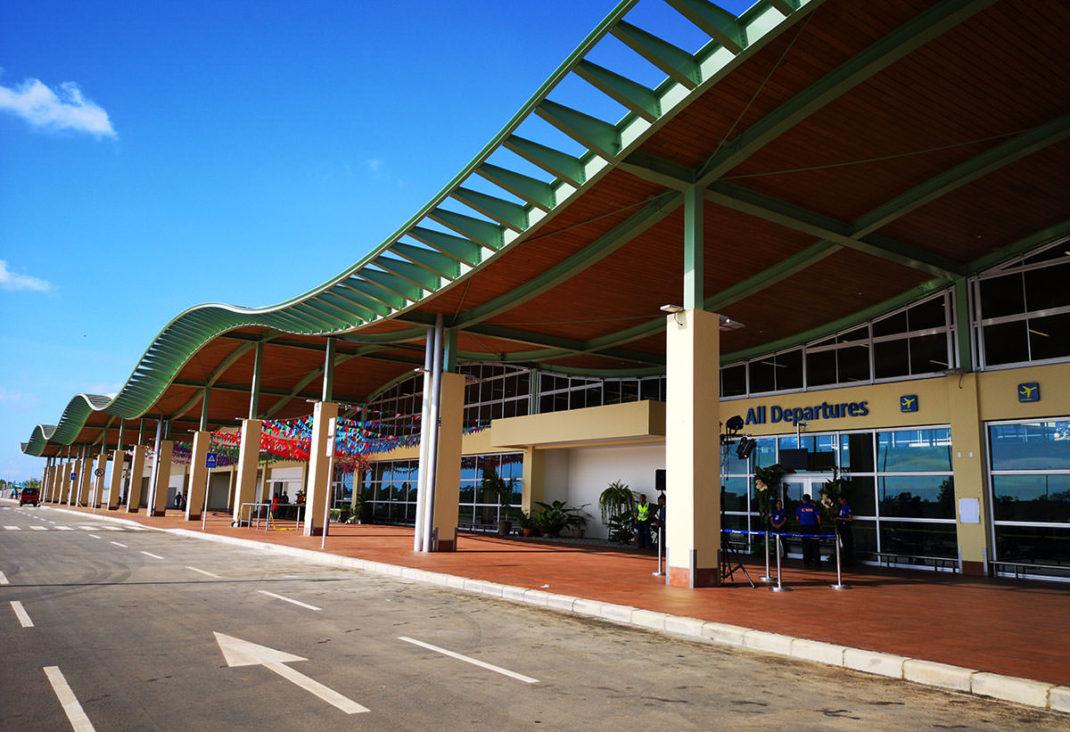
LOS ANGELES — In an effort to uplift the jobs market in the Philippines, the Philippine Trade and Investment Center and the Philippine Consulate General of LA hosted a “Trabaho, Negosyo, Kabuhayan” seminar on Thursday, July 26 at the Consulate office in Koreatown.
Conceived from the AmBisyon Natin 2040 and 2030 Agenda for Sustainable Development missions, the Trabaho, Negosyo, Kabuhayan (TNK) initiative hopes to expand the resources available to small business owners and entrepreneurs as well as encourage more people to start their own, independent businesses.

“The thrust of the government is really to bring development in our regions and that is what the TNK and our role as Filipino American communities,” said Celynne Layug, trade commissioner at the Philippine Trade and Investment Center – San Francisco. “That’s what we want to build on and to have a contribution for.”
Under the Duterte administration, the Department of Trade and Industry (DTI) prioritized higher rates of employment and income opportunities to combat inequality in a struggling jobs market.
The TNK initiative was then created to fulfill that mission and give voice to micro, small and medium enterprises (MSMEs) through workshops, government programs and easy access to mentorship, funding sources and marketing.
“MSMEs form the heart and soul of our nation’s economy, so they deserve representation,” Layug said. According to the DTI, 99.57 percent of enterprises in the Philippines are MSMEs, which comprise of 63.8 percent of the country’s workforce.
According to the International Monetary Fund (IMF), the Philippines job market has been growing in the last few years and will continue to grow. The gross domestic product (GDP) rose to 6.7 percent in 2018 with a forecast of 1.5 percent increase by the end of the year.

According to Philippine Statistics Authority (PSA), the national unemployment rate declined to 5.5 percent in 2018, down 0.2 points from 2017.
TNK panelist Linda R. Stone, CEO of APR Consulting Inc., which provides recruitment and payroll services to corporations, founded APR three decades ago and has grown it into a leading name in the consulting and staffing industry.
All business owners know that jobs creation can’t exist without a pool of educated talent, which was why Stone moved her office from Clark City to Makati City to recruit college graduates into her company.
“There are limited talents and we needed a lot of people who had call center experience, but we couldn’t find the right talents in Clark,” Stone said. “As a business owner, you have to utilize all the resources available to find the right talents, but on the other side, as a prospective employee, you need to have the right credentials and training and experience to make yourself viable for companies.”
A major goal of the DTI is to also uplift MSMEs throughout all provinces, especially those in the rural areas of the country. According to the DTI data from 2015 (the year with the latest available data), the regions with the fastest growth rates have occurred in Bicol (8.4 percent), West Visayas (8.3 percent), Davao (7.9 percent), Zamboanga Peninsula (7.2 percent) and Metro Manila (6.6 percent).
“It’s about synergy, it’s about sharing our experiences and ups and downs to make that kind of difference, and it shows with the dedication because, as the administration stresses, one of our biggest goals is development in the provinces.
A delegation of lawmakers and community leaders from Bacolod, Philippines — which was voted the top local government unit last year — including Vice Mayor El Cid Familiaran, were present at Thursday’s seminar to showcase the economic growth that the city, as well as the whole of Negros Occidental, has experienced in the last few years.
“We have the fastest-growing economy in the Philippines, so please come to Bacolod so we can lay down everything that you need as a business owner,” Familiaran said.







